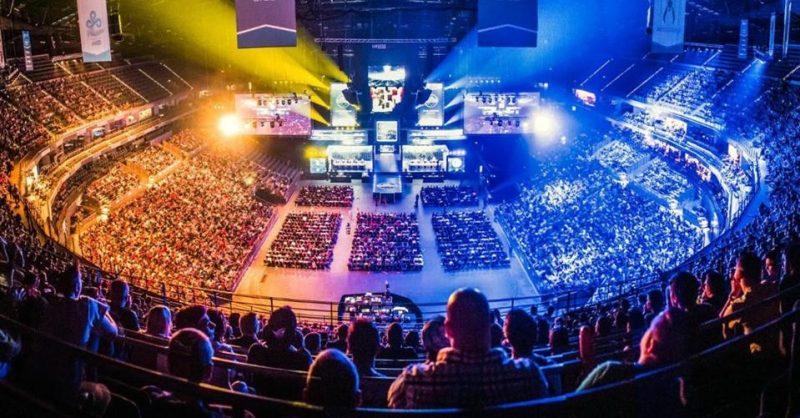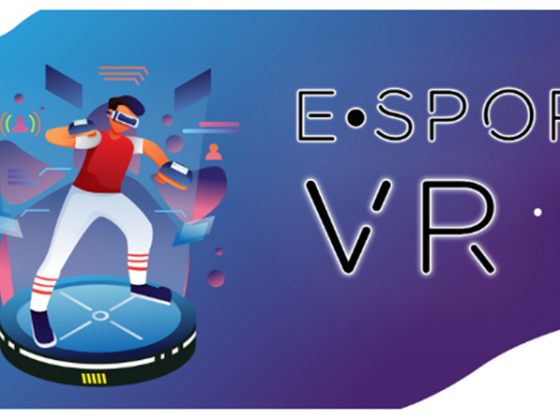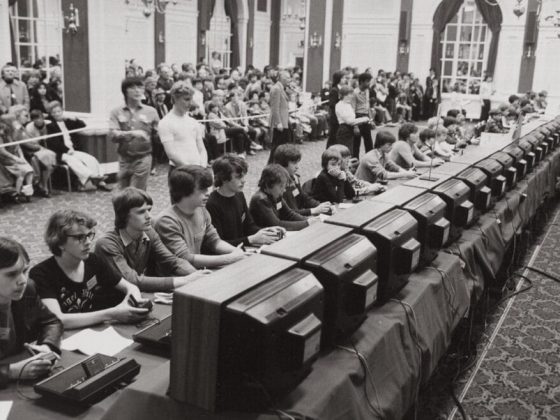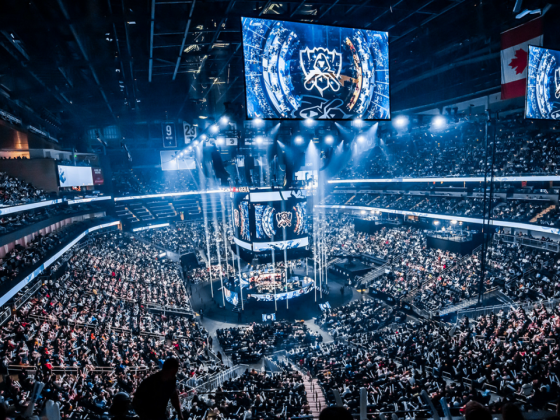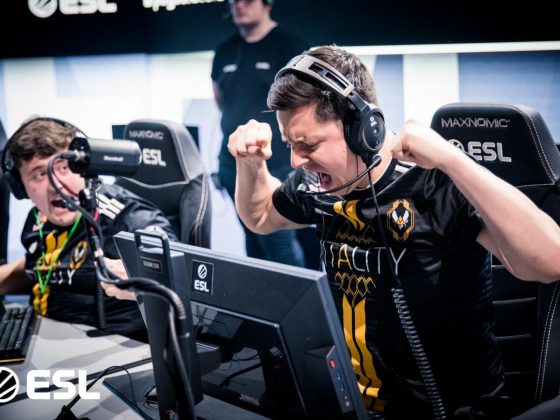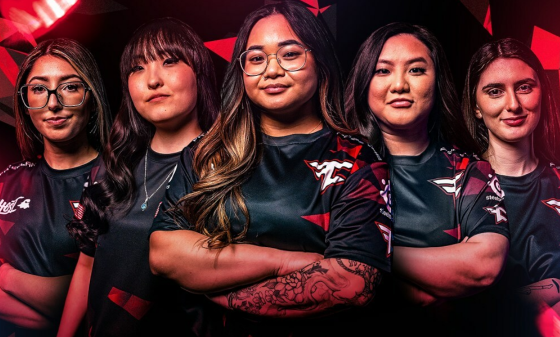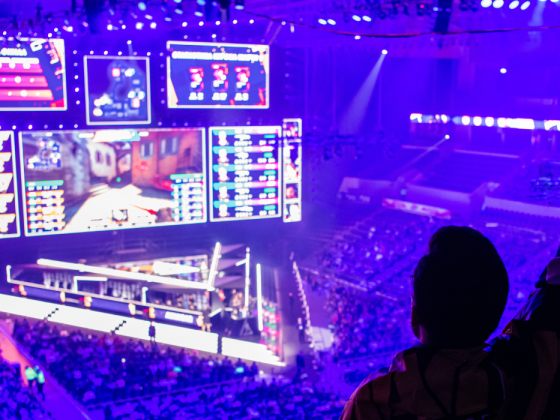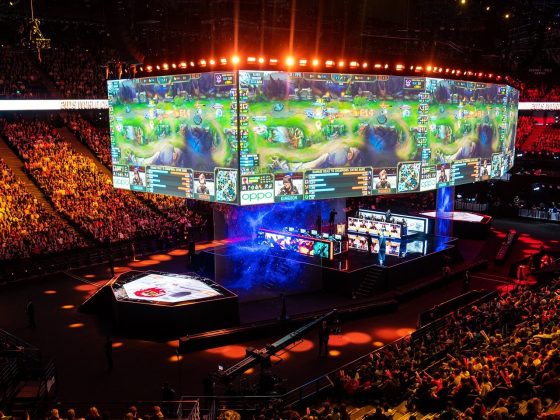In recent years, eSports has surged in popularity, evolving from a niche hobby into a global phenomenon. Competitive video gaming now boasts a massive following, with millions of fans tuning in to watch their favorite players and teams battle it out in various virtual arenas. As the eSports industry continues to grow, so does the need for robust governance and standardized regulations to ensure fair play and maintain the integrity of competitive gaming.
The eSports Explosion
The rise of eSports has been nothing short of meteoric. From humble beginnings in local LAN parties to sold-out arenas and multi-million-dollar tournaments, eSports has transformed into a lucrative industry. This explosive growth has led to increased investments from sponsors, broadcasters, and game developers, making it crucial to establish a framework for eSports governance.
The Need for Standardization
One of the primary challenges facing the eSports community is the lack of standardized rules and regulations across different games and leagues. Unlike traditional sports, where governing bodies like FIFA or the International Olympic Committee oversee the rules and fair play, eSports often lack a centralized authority.
This lack of standardization has led to issues such as inconsistent tournament formats, varying prize structures, and a lack of clarity on player contracts and rights. To address these concerns, the eSports industry needs a unified approach to governance that can ensure a level playing field for all participants.
The Role of eSports Organizations
eSports organizations, such as ESL (Electronic Sports League), Riot Games, and Blizzard Entertainment, have played a crucial role in shaping the competitive landscape. These organizations have implemented their own rules and regulations to maintain fair play within their respective eSports titles. However, this has resulted in a fragmented governance system, with different games and leagues having their own unique standards.
While these organizations have made significant strides in regulating their individual titles, there is still a pressing need for a broader, industry-wide approach to governance. This would involve collaboration between eSports organizations, game developers, players, and other stakeholders to establish a set of universal standards and guidelines.
Ensuring Fair Play
Fair play is at the heart of any competitive sport, including eSports. To ensure fairness, eSports governance must address several key areas:
- Anti-Cheating Measures: Implementing robust anti-cheating measures to detect and prevent cheating, such as hacks and software exploits, is essential. This includes the use of advanced software and hardware solutions to maintain a level playing field.
- Player Contracts and Rights: Establishing clear and fair player contracts, including salary structures, benefits, and dispute resolution mechanisms, is vital for player welfare and the overall stability of the industry.
- Doping and Substance Abuse: eSports governance should include policies to address issues related to doping and substance abuse to maintain the integrity of competition.
- Age Restrictions: Setting age restrictions and guidelines for younger players to protect their physical and mental well-being is crucial.
The Path Forward
The journey towards standardization and fair play in eSports is an ongoing one, but progress is being made. Some organizations, like the Esports Integrity Commission (ESIC), have been formed to tackle issues related to cheating and match-fixing across multiple eSports titles. Additionally, game developers are starting to take a more active role in defining governance standards for their respective games.
To achieve true standardization and fair play in eSports, the following steps are essential:
- Collaboration: eSports organizations, game developers, players, and other stakeholders must come together to develop industry-wide standards.
- Transparency: The governing body, once established, must operate transparently, keeping players and fans informed about rule changes and disciplinary actions.
- Education: Education programs should be introduced to raise awareness about the importance of fair play and integrity in eSports.
- Enforcement: Robust enforcement mechanisms, including penalties for violations, should be in place to deter unethical behavior.
In conclusion, the world of eSports is undoubtedly thrilling, but it must evolve responsibly. The quest for standardization and fair play is essential to ensure that the industry continues to grow and thrive while maintaining its integrity. As eSports continues to capture the hearts of millions, establishing a strong governance framework is not just a choice but a necessity for its sustainable future.
